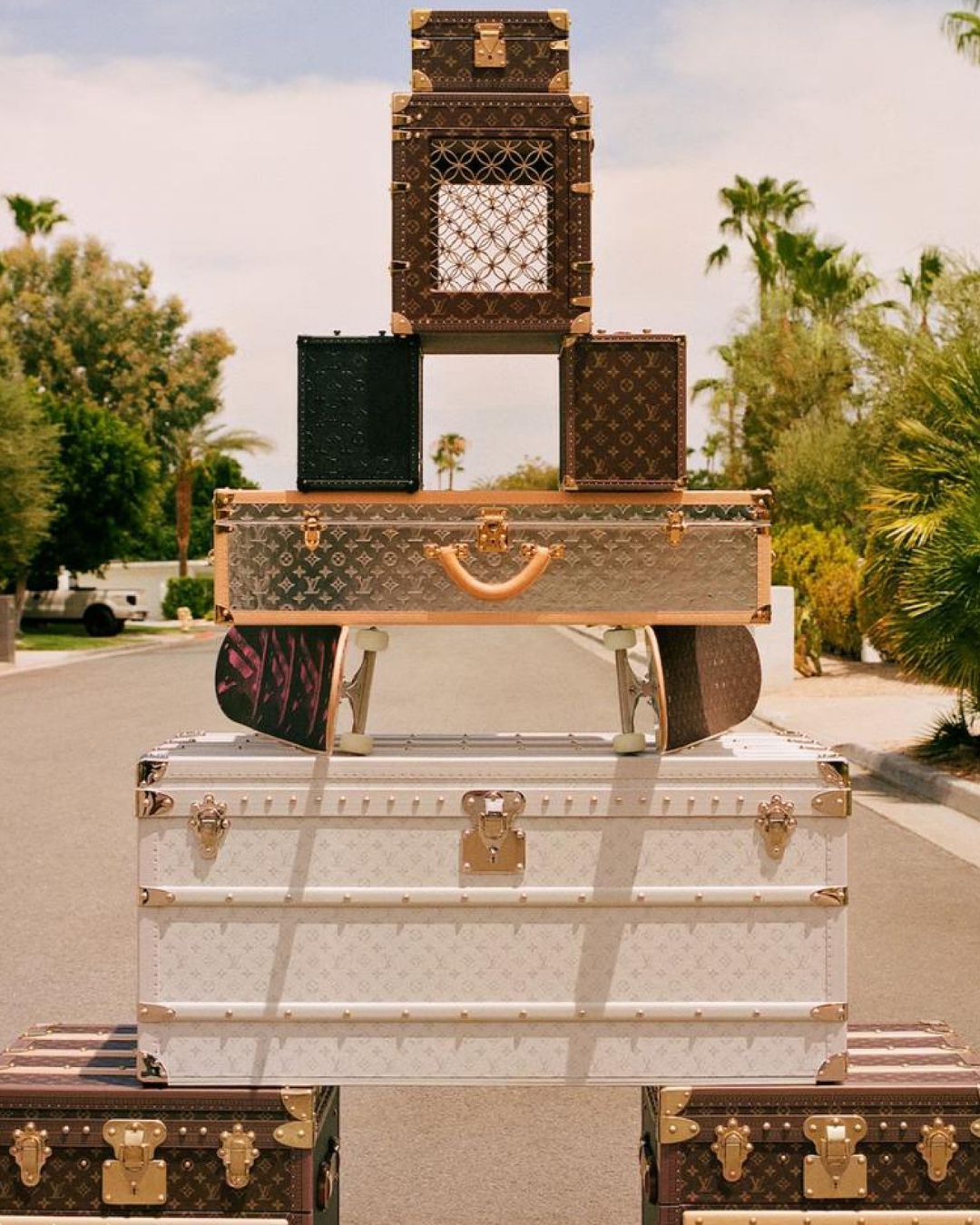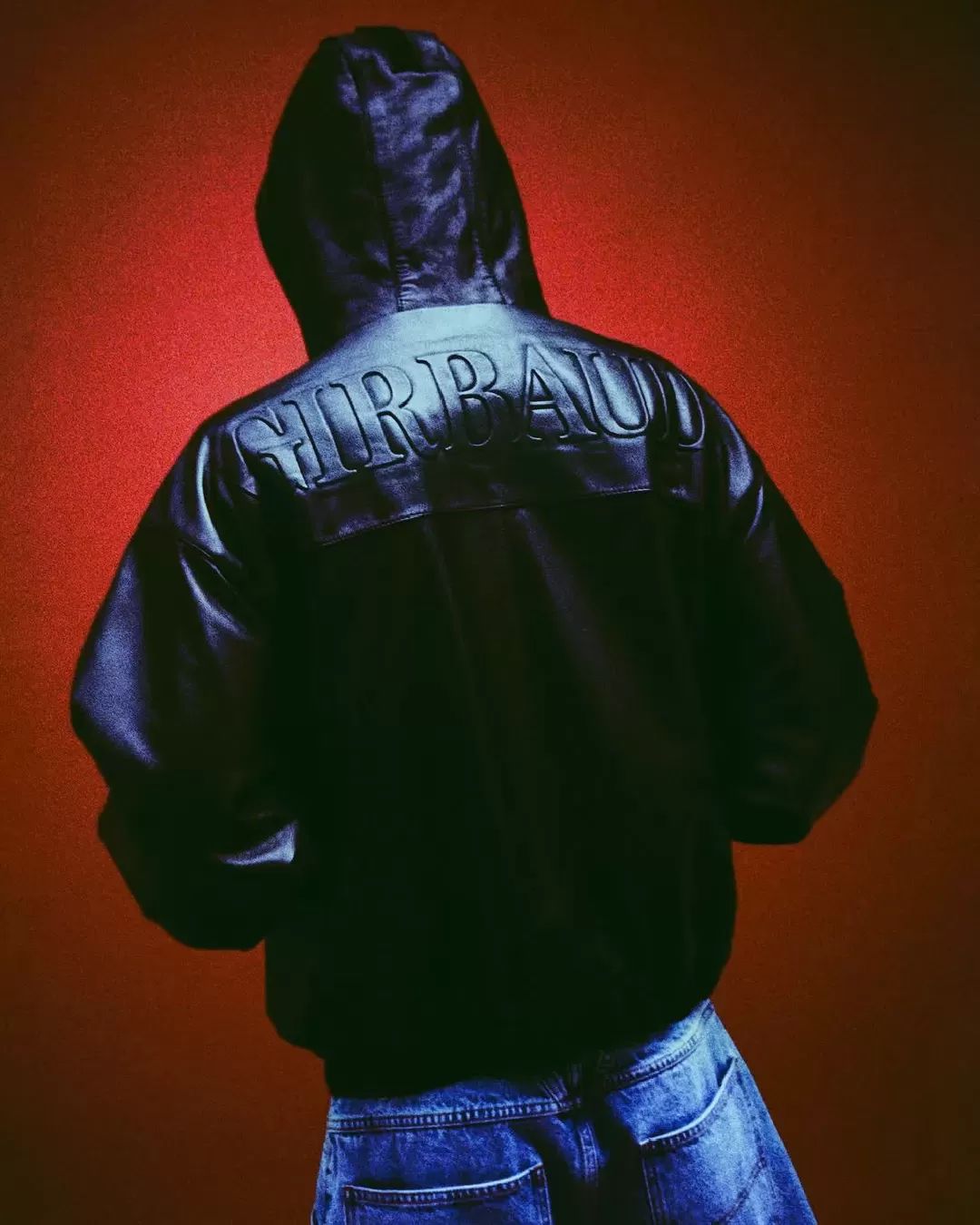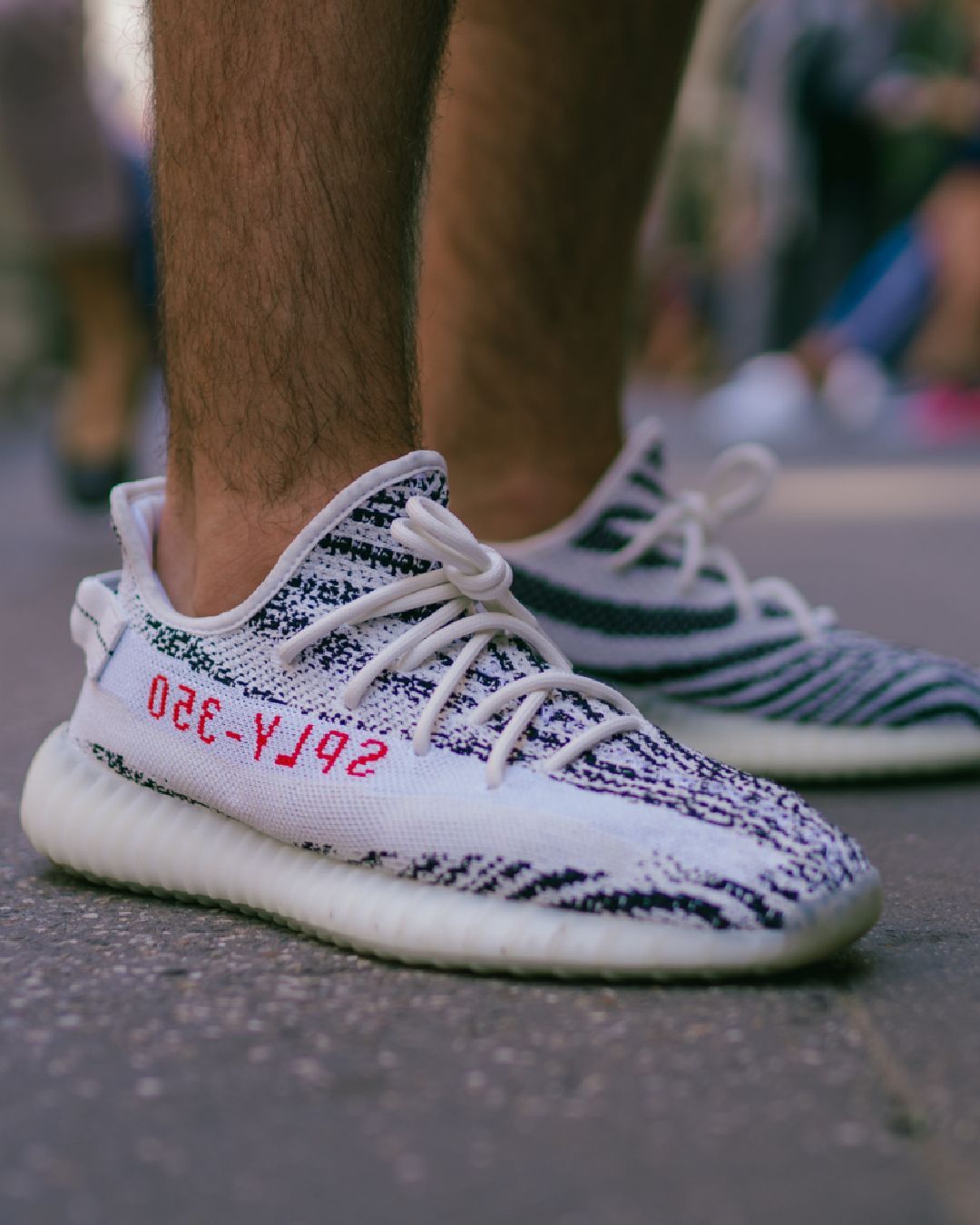
Supreme Italia - The case of "parasitic competition" We talked to Martina Maffei, Simmons & Simmons' lawyer and Intellectual Property expert
Interview translated from the original Italian version.
It's the beginning of 2016 and the setting is that of Pitti Uomo 89 when the Supreme Italia brand first appeared to the public.
Sold as an authorized retailer of Supreme New York on the Italian territory and leveraging on the current disinformation in the Bel Paese regarding the American brand, Supreme Italia begins its upward spiral. Taking advantage of the mediatic success and the reputational capital so heavily constructed by Supreme New York during its thirty years of activity, Supreme Italia is bought by naïves fans and streetwear novices, but also by retailers and shops, convinced to be buying the original brand.
The reason for this widespread misunderstanding?
Supreme Italia has copied all the distinctive features of the original brand: from advertising material to the famous logo, Supreme Italia rose to the occasion of the lack of a registered Supreme trademark, has misappropriated it and exploited an unprepared youth. Two years later, as a result of countless reports, on 20 April 2017, the Milan Tribunal found Supreme Italia's conduct as "parasitic competition" to the detriment of Supreme New York.
To understand more about the meaning and the consequences of this measure, we interviewed Martina Maffei, lawyer of the law firm Simmons & Simmons and expert in copyright and intellectual property disputes.
#1 How common is the counterfeiting phenomenon in Italy?
Unfortunately, this is a wide spreading and growing phenomenon, also because of the presence of the web that facilitates the circulation of fakes, often giving rise to a true parallel market. To date, Italy remains one of the nations most affected by the phenomenon of counterfeiting and according to the most recent estimates, the most hit sector is that of clothing and accessories.
Based on the recent analysis carried out in October 2016 by Confcommercio - Imprese per l'Italia in collaboration with Format Research, in 2016 about 27% of consumers (1% more than 2015) bought at least one counterfeit product and 73.3% of respondents said they bought illegal products mainly because they thought "to make a good deal by saving". The same analysis also shows the serious effects of counterfeiting ranging from reducing the company's turnover to the loss of reputation of the same towards customers and consumers.
# 2 What is meant by "parasitic competition" and how is it related to the case of Supreme Italia?
For unfair "parasitic" competition is meant the phenomenon whereby the imitator, in the wake of a competitor success, continually and systematically copies the products of the latter, take advantage of creative and organizational efforts and investment of advertising nature in a "parasitic" manner, that is to say, without incurring any costs. This is a practice contrary to the rules of professional fairness between entrepreneurs and therefore sanctioned under Article 2598 of the Italian Civil Code. In fact, the parasitic attachment to the image of the renowned imitated trademark induces the public to operate an unconscious psychological connection between the two marks, allowing the counterfeiter to unduly acquire a specific area on the market that otherwise would not be able to occupy.
In the case of the Supreme trademark case, the Court of Milan, by an order dated 20 April 2017, found the unfair competition brought by the society we are going to call "Supreme Italia", pointing out how the latter not only used the same "Supreme" brand for streetwear products identical to the original one but also resumed advertising images and motherboard graphics in a continuous manner. According to the words of the Milanese judges, in this case, the existence of parasitic competition would be obvious, since Supreme Italia would even have been presented itself in its catalogs as a "Supreme Authorized Licensee".
#3 Because of this illegal conduct, Supreme Italia has been subject to a "supervision order of inhibitory", what does it mean?
It means that the Milan Tribunal has upheld Supreme’s application for interim measures and ordered the Italian competitor to immediately cease production, export, and marketing of clothing or any other product unlawfully bearing the "Supreme" trademark.
In accordance with the order, Supreme Italia must withdraw from the market all catalogs, all promotional materials and all products with the "Supreme" trademark; in other words, it will have to make sure that "fake" products are not offered for sale in the entire Italian territory. With the order of 20 April 2017, the Tribunale di Milano also ordered Supreme Italia to cease using the domain name supremeitalia.com, which was unlawfully registered on its behalf.
#4 Supreme Italia has been active in the market for about two years, why did it take so long to put the situation under judgment?
In fact, in these cases, the Court does not act on its own motion and the spontaneous initiative of the legitimate proprietor of the mark is necessary, which may be referred to the Court of First Instance with a precautionary order by asking urgently an order similar to that brought against "Supreme Italia” or can establish a true judgment in order to ascertain unfair competition or counterfeiting and to obtain the defendant's compensation for damages.
#5 For a while, it has been said that, due to a legislative vacuum, the Supreme brand could not be registered, is it really so? How can Supreme Italia succeed in having access to the supremeitalia.com online domain?
Indeed, on the basis of a search made on the online database of the Italian Marque and Patents Office (UIBM), the registration application of the Supreme trademark on the Italian territory was filed only a few years ago, on 9 October 2015. According to the information circulated to date, it would appear that this delay was due for Supreme Corporate Group internal affairs rather than by legislative impediments.
As for the Supreme Italia registration of the domain name “supremeitalia.com”, it is unfortunately an episode of "cybersquatting" or "cyber grabbing", terms that indicate the behavior of abusive occupation of domain names that correspond to an enterprise’s distinctive signs or trademarks, in an attempt to exploit its reputation or to resell those names to the best bidder. Today it is common ground that the use of a domain name that reproduces a trademark registered by a third integrates the types of counterfeiting and unfair competition referred to in art. 2598 c.c.
#6 What are the consequences, legal and not, related to the result obtained in court against Supreme Italia?
As an immediate consequence of the order issued by the Tribunale di Milano, Supreme Italia had to immediately stop the mass production of its fake products in any form and in any Italian point of sale. As to the legal consequences, it is not excluded that Supreme can institute proceedings against the Italian competitor, who has already been sentenced on a provisional basis, also a legal action seeking compensation for damages.
In strictly legal terms, the judgments may also have positive consequences for the reputation and value of the American brand: as is known, the value of a trademark exceeds the purely legal domain and is closely linked to the reputation it enjoys with the public, especially in the fashion and luxury sectors.
# 7 The "Supreme Barletta" case exploded through a series of reports, how do companies get to know this kind of unfair behavior?
The Supreme case demonstrates how essential it is for companies to monitor the market, even on-line in a precise and comprehensive way, in order to intervene and to prevent the perpetration of acts of counterfeiting and unfair competition that can jeopardize not only the value of the trademarks violated but also the reputation and credibility of the entire brand.
It is good to say that our legal system provides effective tools to cope with these risks, protecting the companies that invest in our country and consumers who want to make more and more conscious purchases.















































